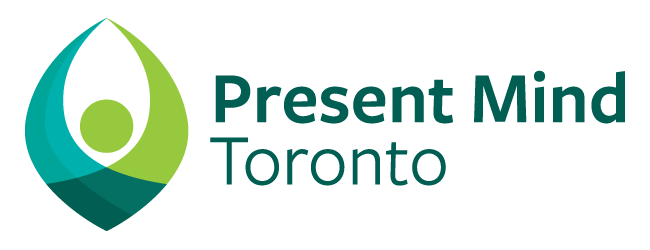
ADHD
Attention-Deficit/Hyperactivity Disorder (ADHD) is more than just a childhood condition marked by occasional restlessness or inattention. It’s a complex neurological disorder that impacts individuals of all ages, influencing their daily lives in significant ways. Whether you’re personally affected by ADHD, supporting someone who is, or simply seeking to learn more, understanding its symptoms and the benefits of therapy can be life-changing.
The Symptoms of ADHD: A Spectrum of Challenges
ADHD manifests in a variety of symptoms that can differ significantly from one individual to another. These symptoms are generally categorized into three main types: inattention, hyperactivity, and impulsivity.
Inattention:
Difficulty Sustaining Attention: Individuals with ADHD often find it challenging to focus on tasks, especially those that require prolonged mental effort. This can affect their performance at school or work.
Disorganization: Staying organized can be a monumental task. People with ADHD might struggle with managing time, keeping track of belongings, and maintaining order in their daily routines. Time Agnosia may also be present, which is a loosened relationship with time. Amounts of time may be overestimated or underestimated, which can be mislabeled as having poor time management skills.
Forgetfulness: Frequent forgetfulness is common, impacting everything from daily tasks to social engagements.
Easily Distracted: Minor distractions can significantly interrupt their focus, making it hard to complete tasks or stay on topic during conversations.
Hyperactivity:
Restlessness: There’s often a constant need to move. This can manifest as fidgeting, tapping, or an inability to stay seated.
Excessive Talking: Individuals with ADHD may talk excessively and find it hard to wait for their turn in conversations.
Inability to Engage in Quiet Activities: Activities that require calm and quiet, such as reading or playing a game quietly, can be particularly challenging.
Impulsivity:
Impulsive Decision-Making: Decisions may be made quickly without considering the potential consequences.
Interrupting Others: People with ADHD might interrupt conversations or blurt out answers before a question is fully asked.
Difficulty Waiting: Individuals with ADHD may experience Wait Mode, being overwhelmed or paralyzed by knowing that you have something planned. It may feel impossible to accomplish anything during this block of time, and people may feel anxious or sleepy.
The intensity and combination of these symptoms vary, making ADHD a highly individualized disorder. This diversity in symptoms underscores the need for tailored therapeutic approaches.
The Transformative Power of Therapy for ADHD
While medication can be a supportive component of treatment, therapy also offers evidence-based techniques to managing ADHD. Here’s how therapy can make a transformative impact:
Improved Executive Functioning:
Cognitive Behavioral Therapy (CBT): CBT helps individuals develop better organizational skills, time management, and the ability to set and achieve goals. It focuses on restructuring negative thought patterns and developing coping strategies for daily challenges.
Solution-Focused: Provides support and accountability to help people with ADHD improve organization, reduce distractions, and achieve their goals.
Enhanced Emotional Regulation:
Emotion-Focused Therapy: ADHD often comes with emotional dysregulation, where individuals may experience intense emotions or mood swings. Therapy can help in recognizing these emotions and developing strategies to manage them effectively.
Mindfulness Practices: Incorporating mindfulness techniques into therapy can help individuals stay present and reduce impulsive behaviors. Mindfulness helps in calming the mind and improving focus, which is particularly beneficial for those with ADHD.
Better Relationships:
Family Therapy: ADHD doesn’t just affect the individual; it impacts family dynamics as well. Family therapy helps to educate family members about ADHD and develops strategies for creating a supportive home environment.
Social Skills Training: This form of therapy helps individuals with ADHD improve their interactions with others, teaching them to better read social cues, respond appropriately, and develop healthier relationships.
Increased Self-Esteem:
Strength-Based Approach: Therapy often focuses on identifying and building upon the individual’s strengths rather than just addressing their deficits. This approach can boost self-esteem and empower individuals to leverage their unique abilities. For example, individuals with ADHD are typically energetic, creative, innovative, and able to hyperfocus on high-interest tasks.
Conclusion
Therapy offers transformative tools and strategies that empower individuals with ADHD. By embracing therapy, those with ADHD can not only manage their symptoms but also harness their strengths, leading to a richer and more successful life.
Are you looking for more personalized advice or resources on ADHD? Feel free to reach out, and let’s continue this important conversation.
